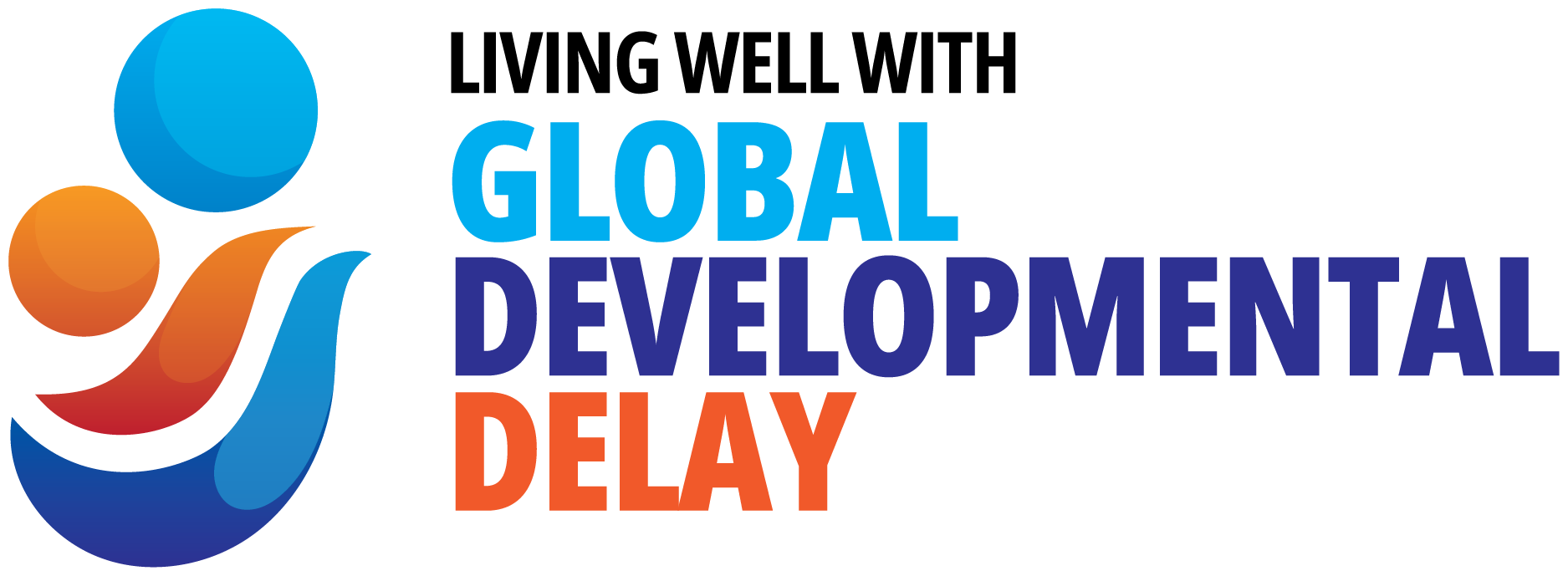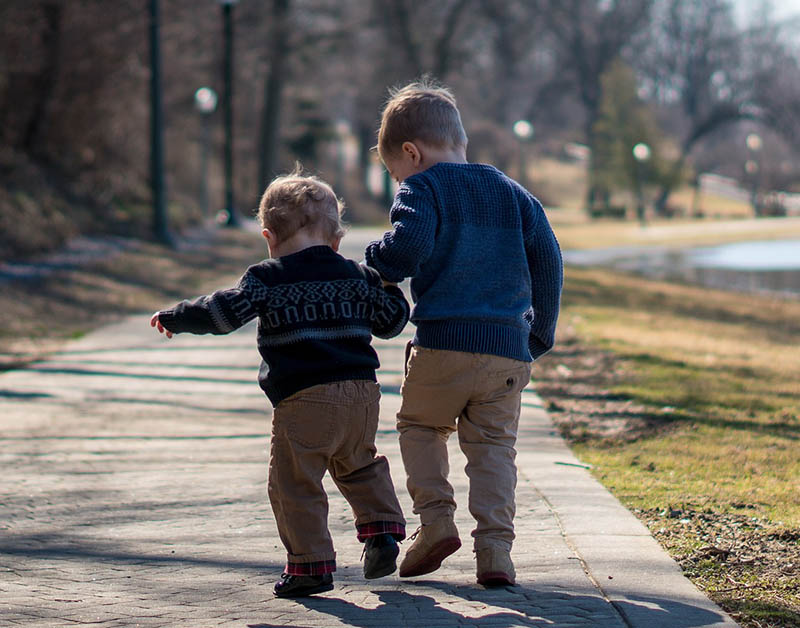- Children learn when they are playing with children of all abilities
- Children learn by playing together in the local community
- There are many benefits when children of all abilities play together
What does playing and learning with other children mean?
Children play and learn together in their local community and in children’s services and school. Playing and learning with other children is sometimes called inclusion and participation. This means children of all abilities playing and learning together. Activities where children can play and learn with other children will vary with age. They include:

